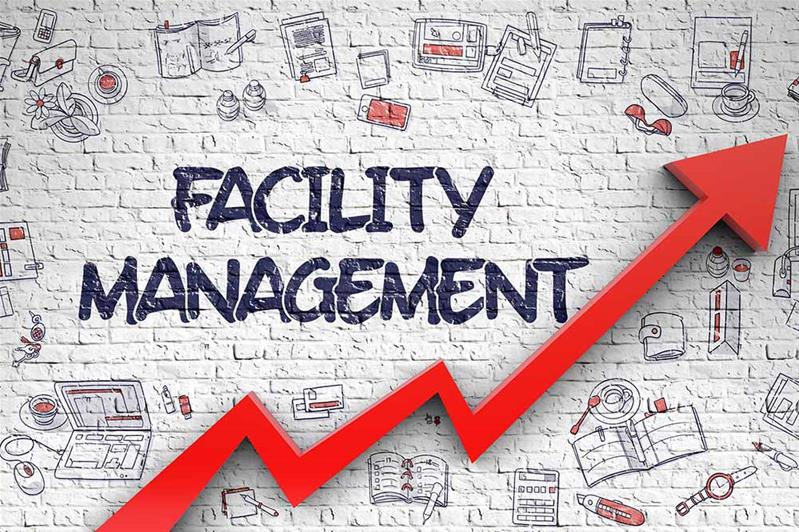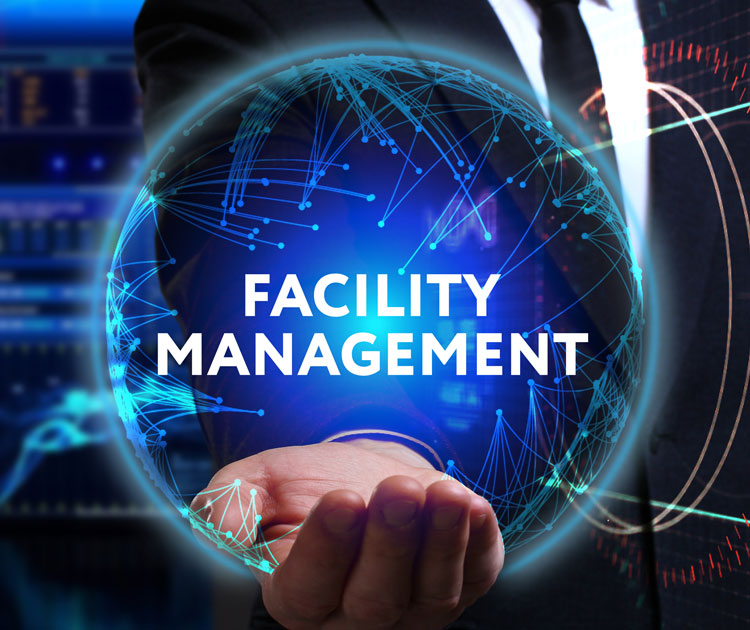Why Total Facility Management Is Important for Business Success
Total Facility Management (TFM) serves as a keystone for service success by balancing varied operational elements such as upkeep, area utilization, and safety actions. As services navigate a competitive landscape, understanding the complex benefits of TFM can be pivotal in driving cost effectiveness and enhancing staff member performance.
Understanding Total Facility Management
Total Facility Management (TFM) encompasses a detailed strategy to managing an organization's buildings and connected solutions to ensure ideal performance, safety, and efficiency. TFM incorporates various disciplines, including maintenance, procedures, area management, and safety and security methods, to produce a natural framework that supports an organization's core goals.
At its core, TFM intends to improve the procedures associated with facility management, boosting and lowering redundancies service delivery. This strategy includes the control of tasks connected to residential property management, such as repair services, cleaning, and energy management, to foster a productive setting for workers and stakeholders alike. TFM additionally highlights the significance of applying finest methods and innovative modern technologies to enhance service top quality and minimize operational costs.
By aligning facility management tasks with business objectives, TFM improves overall efficiency while making certain conformity with wellness, safety, and environmental policies. Therefore, TFM offers not just as a logistical feature however likewise as a calculated asset, contributing to an organization's long-lasting sustainability and development.
Secret Benefits of TFM
Leveraging a comprehensive strategy, companies that implement Total Facility Management (TFM) unlock a myriad of benefits that add to general organization success. Among the key benefits of TFM is the improvement of functional efficiency. By combining facility solutions under a unified management framework, organizations can improve processes, minimize redundancies, and improve communication across divisions.
Moreover, TFM promotes an aggressive upkeep technique, which minimizes downtime and prolongs the life expectancy of facilitiess and devices (Total Facility Management). This aggressive approach not only improves efficiency however additionally cultivates a safer working environment, ultimately leading to greater employee contentment and retention rates
Furthermore, TFM promotes much better resource allocation by giving insights right into facility efficiency metrics. Organizations can determine areas for improvement, allowing them to make educated choices that line up with their calculated goals.
TFM and Expense Efficiency
Attaining cost performance is a fundamental objective for organizations, and Total Facility Management (TFM) plays a crucial role in this endeavor - Total Facility Management. By incorporating numerous facility services under a solitary management structure, TFM allows organizations to streamline operations and reduce redundancies. This alternative strategy results in significant cost savings, as it eliminates the need for multiple vendors and simplifies purchase procedures
In addition, TFM promotes proactive upkeep approaches, which reduce the threat of costly repair services and downtime. By focusing on preventive steps, organizations can extend the life-span of their possessions and minimize unanticipated expenditures. Additionally, TFM integrates energy management techniques, which can considerably reduce energy expenses through efficient resource use.
The centralization of information and analytics within TFM permits companies to make enlightened financial decisions. By determining trends and areas for renovation, TFM enables tailored techniques that further enhance price management. The scalability of TFM options makes sure that as organizations grow, their facility management methods remain reliable and lined up with financial objectives.
Enhancing Employee Performance
A well-managed facility can substantially increase worker efficiency by producing a conducive workplace. Reliable Total Facility Management (TFM) ensures that all aspects of the office-- from lighting and temperature level to cleanliness and safety-- are maximized. When staff members operate in a room that is comfortable and well-kept, they are most likely to focus on their jobs, resulting in greater result and work fulfillment.
In addition, TFM can boost cooperation via the strategic style of public areas, motivating go to these guys team effort and official site technology. By spending in the ideal resources and modern technology, companies can promote seamless communication and enhance process, even more improving performance. Routine upkeep and punctual actions to facility concerns protect against disturbances that could otherwise prevent performance.
Additionally, a secure and healthy and balanced work environment, supported by TFM techniques, lowers absence and promotes health, straight correlating with raised performance levels. Eventually, prioritizing facility management is a financial investment not just in physical possessions yet likewise in the labor force itself. By promoting an environment that supports staff member requirements and choices, businesses can cultivate a much more involved and reliable workforce, driving overall success and affordable benefit.

Future Trends in TFM
Welcoming technological developments is readied to improve the landscape of Total Facility Management (TFM) in the coming years. As the demand for effectiveness and sustainability rises, TFM will significantly take on clever structure innovations, incorporating Web of Things (IoT) devices to take care of and check facility procedures in real-time. This change will certainly make it possible for positive upkeep, dramatically minimizing functional costs and enhancing service shipment.

Sustainability stays a vital focus, with TFM specialists anticipated to focus on environment-friendly methods. This consists of using renewable resource sources and enhancing waste management systems to minimize the carbon impact of facilitiess.
Remote management capabilities will likewise be my website increased, allowing facility supervisors to supervise operations from practically anywhere. This versatility will end up being essential as companies adjust to hybrid job versions. In summary, the future of TFM is poised for makeover through innovation, sustainability, and improved functional approaches, making certain organizations continue to be affordable in a developing landscape.
Final Thought
By integrating various functional functions, TFM boosts efficiency and lines up facility management with organizational goals. As businesses increasingly embrace ingenious modern technologies and lasting practices, the value of TFM will certainly proceed to expand, guaranteeing long-lasting functional performance and competition in an advancing marketplace.
